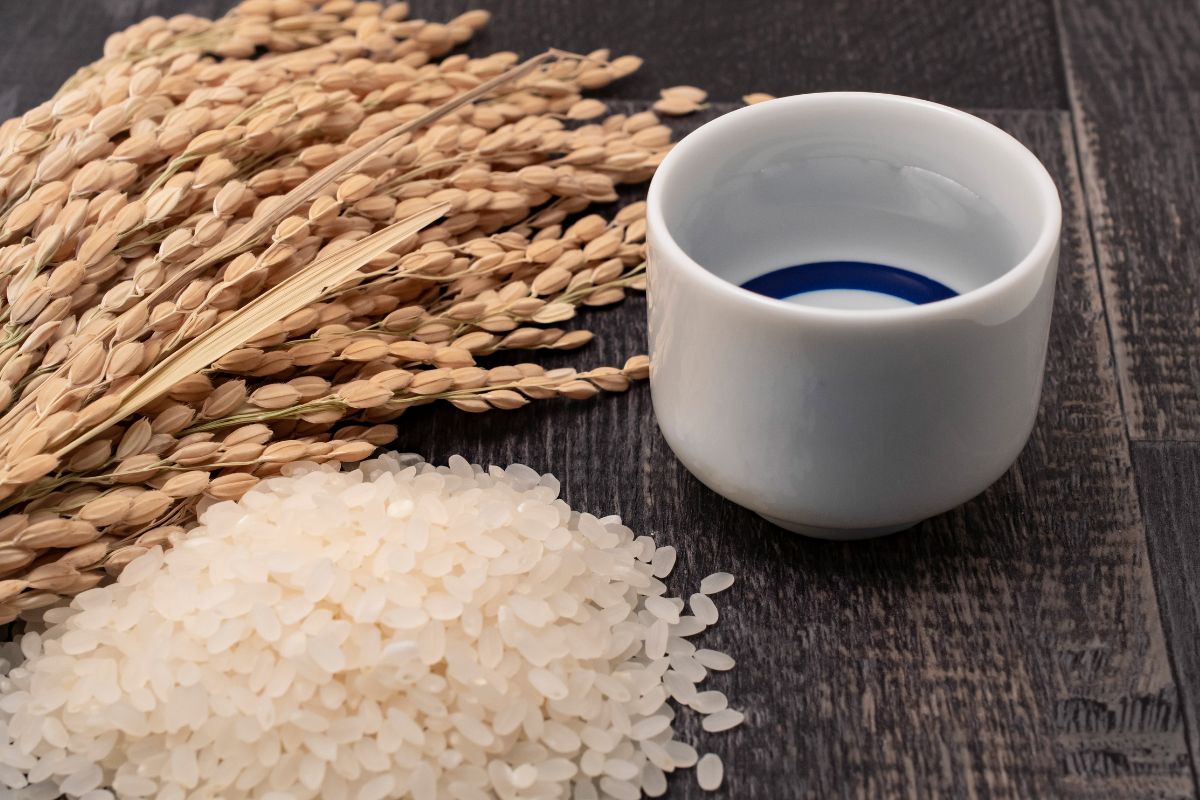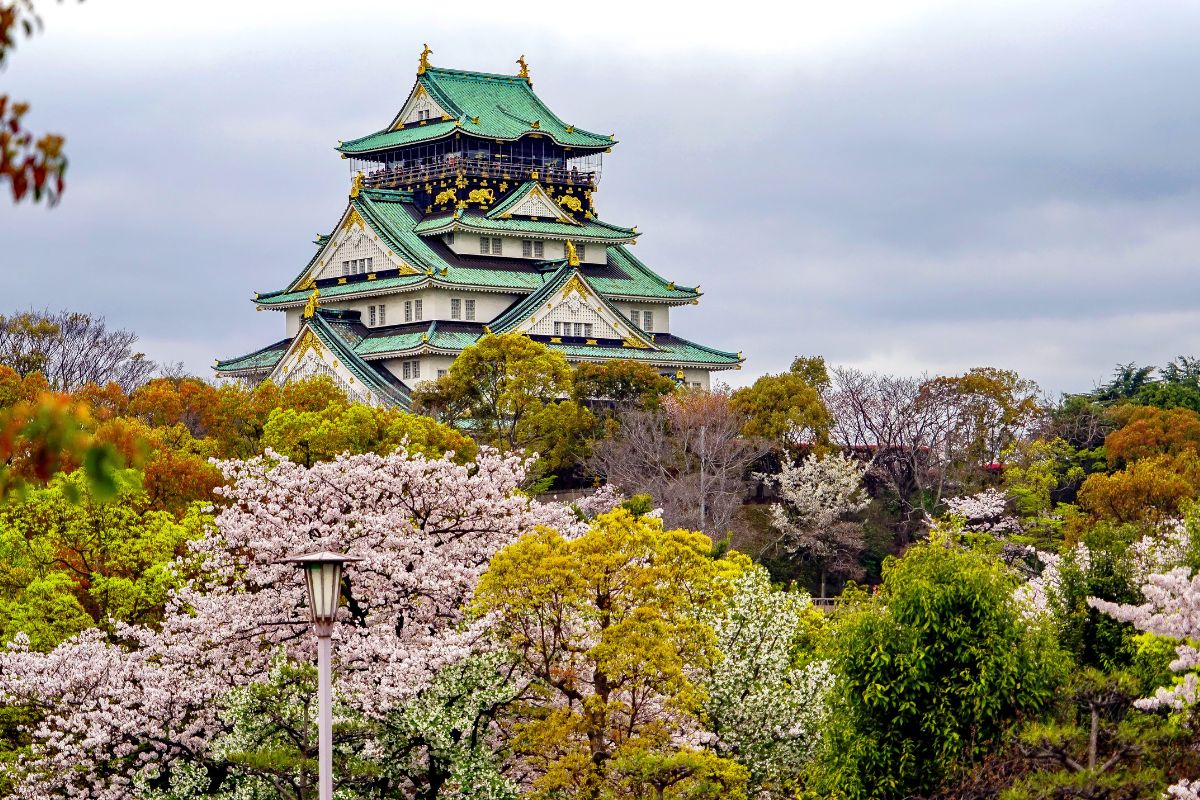Whiskey is the most popular spirit in the United States, and it is popular all over the world. Many countries love this drink, and a handful are even known for producing their own!

While Scotland is the largest whiskey producer in the world (and has been for the last 100 years), there are other countries who are renowned for their ability to make whiskey – like Japan.
Japan’s history of making whiskey goes back to 1870, when whiskey production first began there.
Although the country produced their own drinks for many years, Japanese whiskey only became a commercial product in 1923, when the first distillery in the country was opened.
Anyone who has ever tried Japanese whiskey will notice that there is something special about it. Truthfully, there are a few things that set Japanese whiskey apart from other kinds – which is what we will be exploring today!
What Makes Japanese Whiskey Different From The Others?
There are a handful of things that make Japanese whiskey different from other whiskeys around the world. This includes the climate of Japan, the ingredients they use, and their distilling and refining process.
To find out more, just keep reading!
Japanese Whiskey Is Seasonal
While most other countries will produce whiskey throughout the year, Japan’s whiskey production is purely seasonal.
Because of this, the annual amount of whiskey that is produced in this country is much lower than other countries like the US, Scotland, or Ireland.
This, as you can imagine, is likely to have a sleep impact on the price of whiskey. Don’t be surprised if Japanese whiskey is more expensive than most other whiskey options from around the world!
They Use Scottish Ingredients
A lot of Japanese whiskey uses ingredients imported from Scotland! In fact, Japan has followed a lot of guidance from Scotland when creating their whiskey over the years.
One of the primary ingredients that gets imported to Japan is malted barley. They will also import peated barley for use, occasionally, but this is not as popular.
So, if you ever try a Scottish whiskey and a Japanese whiskey side-by-side, you might notice a few similarities there!
This is different to how other countries such as the United States do things, as they typically use rye, wheat, and corn to make their whiskey.
Japanese Whiskey Has A Higher Alcohol By Volume
Although this can vary, Japanese whiskey typically has a higher alcohol by volume (ABV) compared to other whiskeys around the world. Whiskey from Japan does not need to mature for as long as other ones do, like the spirits from Scotland.
Because of this, Japanese whiskey often has a much richer and bolder flavor compared to the spirits from Scotland or the US.
It will mature much faster, making it a unique drink that you will definitely notice some differences with when you compare them.
Natural Spring Water Is Used
The water that gets used to make Japanese whiskey is sourced from the natural springs in the area – a bit like their onsens!
Since water varies from country to country, and even from one region to the next, this could have a huge impact on the flavor of the whiskey.
Using water from natural springs also means that whiskey distilleries must always keep a very close eye on their water sources.
The quality of the spring water needs to be controlled and maintained very carefully before whiskey production can begin.
Rice Is Used As An Ingredient

Like many things in Japan, rice plays an important role in the making of Japanese whiskey. It is common for distilleries in Japan to use rice in the mash bill as well as malted barley, much like the Scottish do to create single malt whiskey.
Some Japanese distilleries create whiskey using a mash bill of 50% rice and 50% barley. Honewer, this is not very common and there are not many of them around anymore.
They Have A Unique Distilling Process
Japanese whiskey often gets distilled twice as a minimum. However, it is not uncommon for this whiskey to get distilled up to four times! As a result, Japanese whiskeys are typically delightfully smooth and very easy to drink.
This also means that Japanese whiskeys tend to have a flavor profile that is less complex, though. This is not a bad thing, but it is an interesting difference to note nonetheless.
Japanese Whiskey Goes Through A Unique Distilling Process
Not only is it common for Japanese whiskey to be distilled up to four times, but the distilling process is a unique one, too. The famous Yamazaki Distillery gets its water from an area that has long since been considered to be mythical!
Not only that, but even the wood that is used during the aging process of Japanese whiskey is unique. They use the wood from the mizunara tree, which is only found in Japan. This tree works to add an array of unique flavors to the whiskey.
For anyone who is curious, those flavors are often described as incense-like, but also citrus-y and spicy! It sounds like the perfect combination, don’t you think?
The Climate Makes A Difference
Finally, like with everything, the climate makes a difference! There will be differences in ingredients used, the water, and every other element and ingredient that finds its way into Japanese whiskey.
Popular Japanese Whiskeys To Try
If you are a whiskey lover, and would like to do a deep dive into Japanese whiskeys, we have some recommendations for you! These will blow your mind if you can get your hands on them:
- Komagatake Tsunuki Aging 2019 Single Malt Japanese Whiskey – aged for 19 years in oak, this whiskey has notes of fruit and vanilla
- Yamazaki 12 Year Single Malt Japanese Whiskey – a complex whiskey with rich flavors and notes of oak, vanilla, and fruit
- Hakushu 12-Year-Old Japanese Whiskey – this single malt whiskey has a smoky and sweet flavor, with beechwood and cherry smokiness
- Hibiki Japanese Harmony Whiskey – a delicious blended whiskey made with grain and malt then aged for 12 years. You can expect notes of herbs, honey, and dried fruit.
- Kaiyo Mizunara Oak The Peated Japanese Whiskey – a whiskey with an earthy and smokey flavor that has been made with peated malt and aged in oak casks
Final Thoughts
There are plenty of things that make Japanese whiskey unique – from the ingredients they use, to the climate and distilling process.
Although Japan is not a huge producer of whiskey, they have spent years perfecting their craft, and certainly know what they are doing.
This spirit is only growing more popular all around the world, and for good reason! We expect it to steal the spotlight in no time, thanks to the uniqueness of the product.
In recent years, sales of this whiskey have increased by a massive 400%, and distilleries across Japan are continuing to experiment with all kinds of different flavor profiles.
If you love whiskey, and get the chance to try some Japanese whiskey, jump on that opportunity. We guarantee you will be pleasantly surprised.
- 16 Best Websites To Watch Japanese Movies With English Subtitles - May 11, 2023
- Is ZIPAIR The Best Airline For Traveling To Japan? - May 11, 2023
- Ryu Murakami Vs Haruki Murakami – Which One Should You Read? - May 11, 2023







